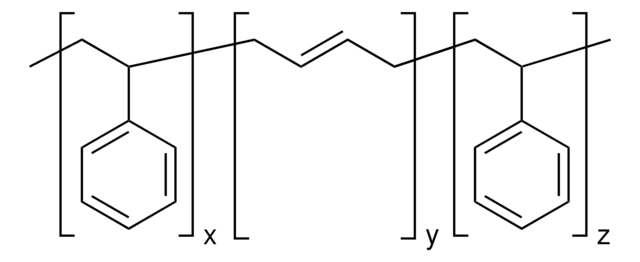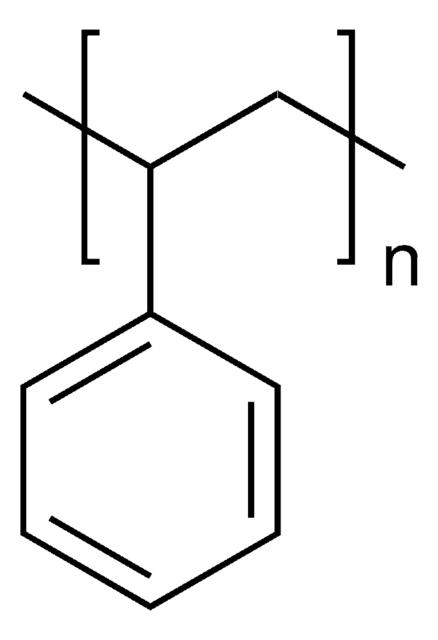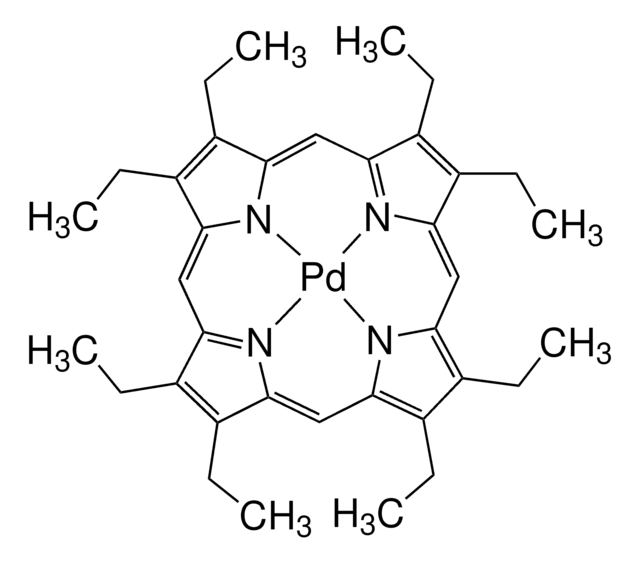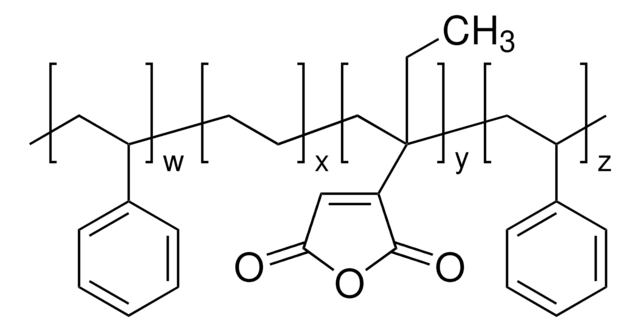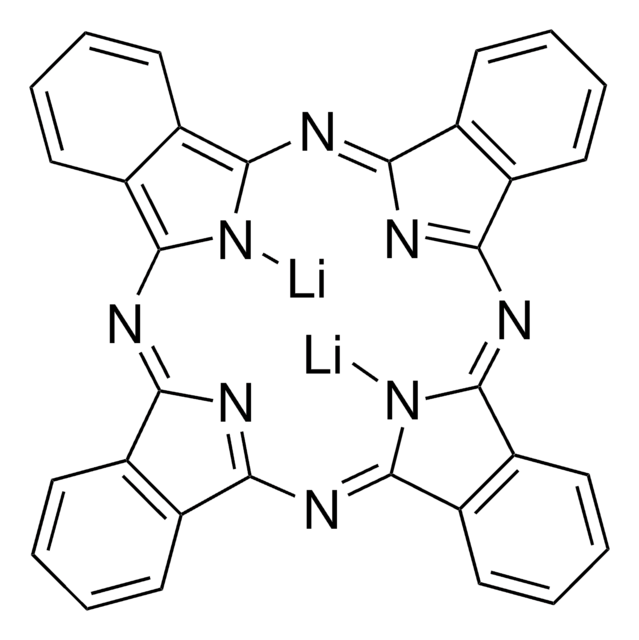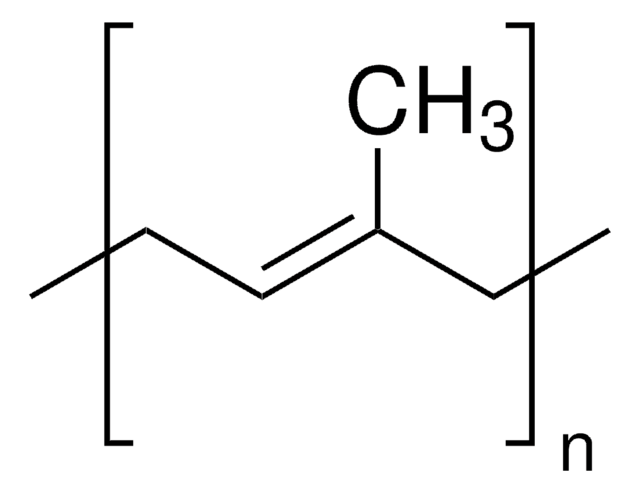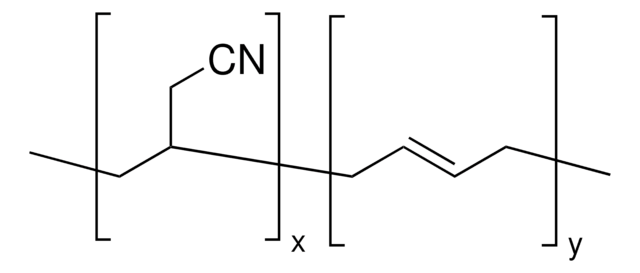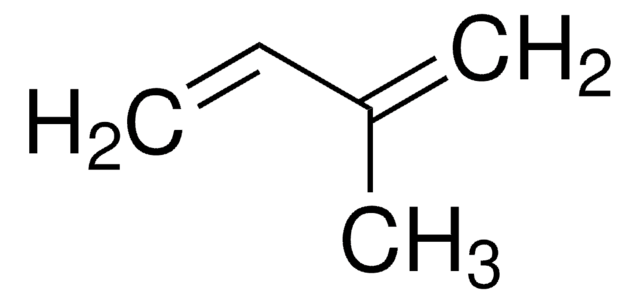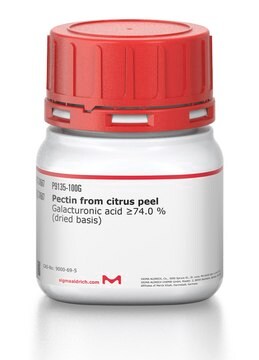432407
Polystyrene-block-polyisoprene-block-polystyrene
styrene 17 wt. %
Synonym(s):
Polystyrene-block-polyisoprene, multi-arm
About This Item
Recommended Products
form
beads
Quality Level
melt index
106 g/10 min (200°C/5.0kg)
mol wt
Mn 1,900
contains
phenolic as antioxidant
composition
styrene, 17 wt. %
hardness
32 (Shore A)
viscosity
5 poise, 25 wt. % in toluene(25 °C, Brookfield)(lit.)
solubility
solvents with solubility parameters between 7.7 and 9.4: soluble
density
0.92 g/mL at 25 °C
elongation
ASTM D 412 - 1,300% (ultimate)
SMILES string
CC(=C)C=C.C=Cc1ccccc1
InChI
1S/C8H8.C5H8/c1-2-8-6-4-3-5-7-8;1-4-5(2)3/h2-7H,1H2;4H,1-2H2,3H3
InChI key
ROGIWVXWXZRRMZ-UHFFFAOYSA-N
Looking for similar products? Visit Product Comparison Guide
Related Categories
Application
Features and Benefits
Physical form
Storage Class Code
11 - Combustible Solids
WGK
WGK 3
Flash Point(F)
Not applicable
Flash Point(C)
Not applicable
Choose from one of the most recent versions:
Already Own This Product?
Find documentation for the products that you have recently purchased in the Document Library.
Customers Also Viewed
Our team of scientists has experience in all areas of research including Life Science, Material Science, Chemical Synthesis, Chromatography, Analytical and many others.
Contact Technical Service